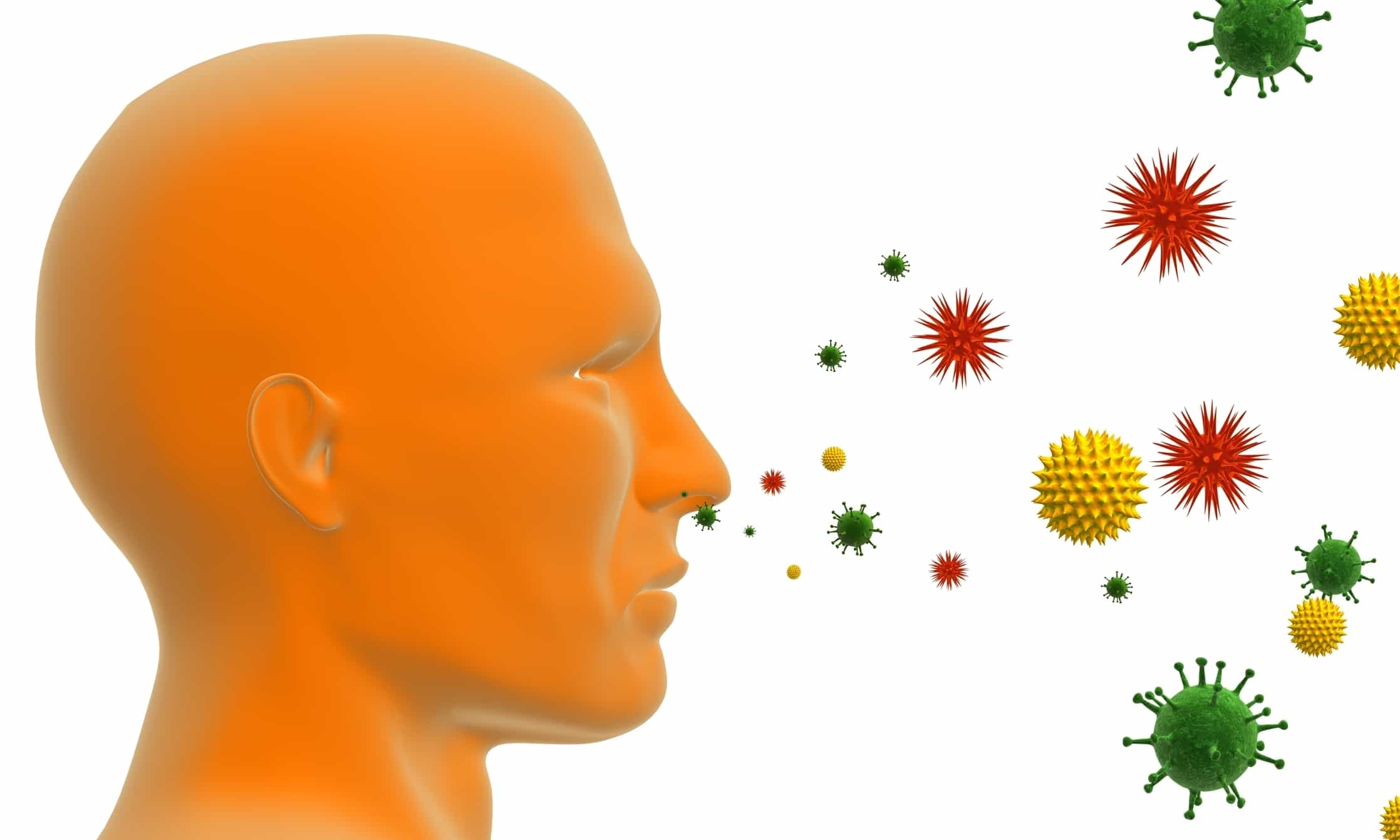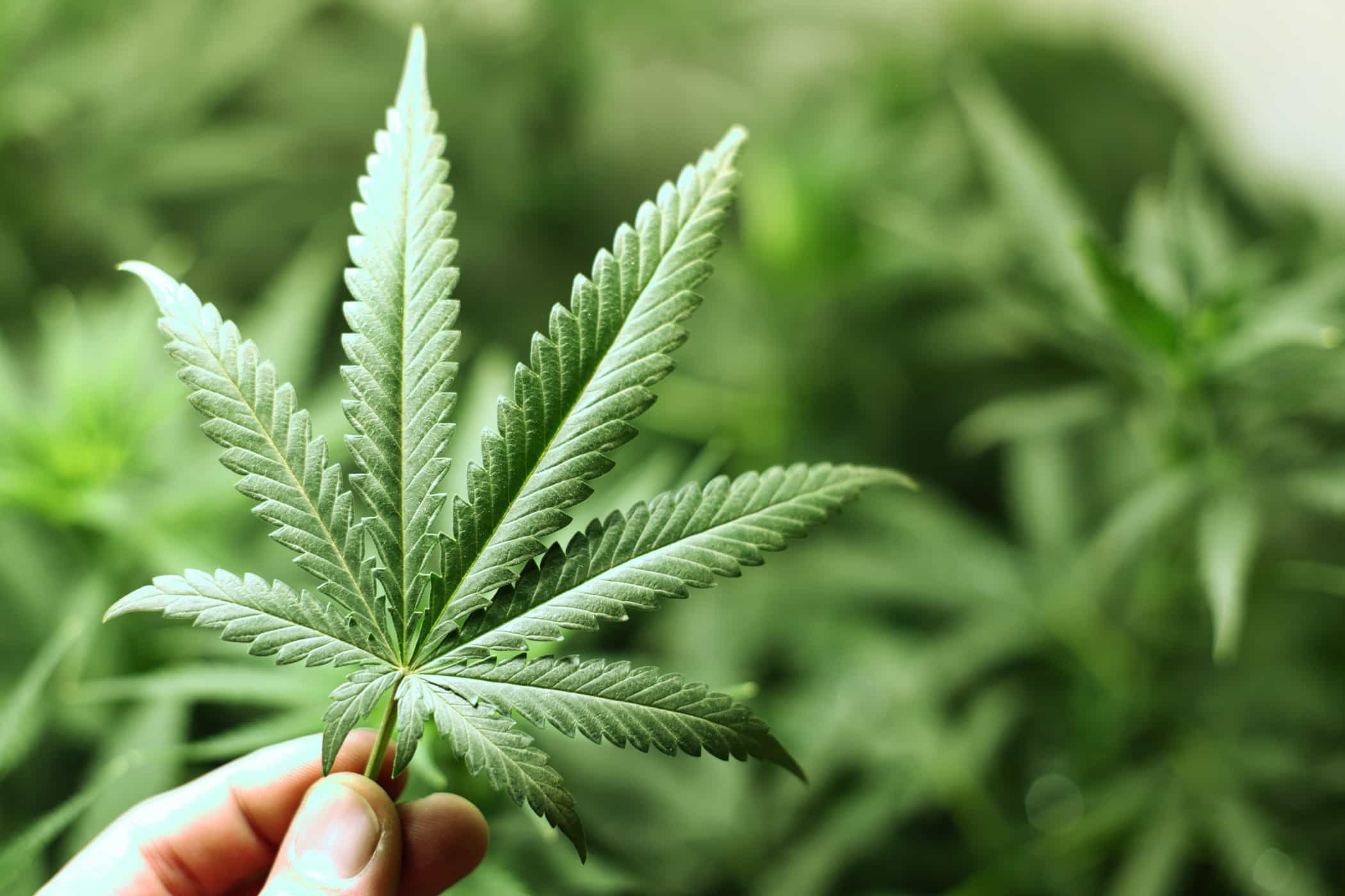Contents:
Medical Video: Be Safe from Anaphylaxis-Mayo Clinic
- Definition
- What is a severe allergic reaction?
Anaphylactic or anaphylactic reaction is a severe allergic reaction that occurs suddenly when you are exposed to a substance that was once exposed to your body, so your body becomes more sensitive and vulnerable.
This reaction is dangerous and can cause the release of sudden body chemicals, including the release of histamine from cells in the blood and body tissues. These chemicals can dilate blood vessels, reduce blood pressure, and cause blood vessels to leak and cause itching and swelling, especially around the face and throat. These chemicals also react to the lungs and cause an asthma reaction which causes the lung tract to narrow, making breathing very difficult.
In some cases, anaphylactic symptoms may be mild and only cause itching. But apparently the symptoms of this disease can be deadly. Your blood pressure can come down suddenly and cause loss of consciousness. In addition, this disease can cause swelling in the throat and airways which causes you difficulty in breathing, talking and swallowing.
What are the signs and symptoms?
Symptoms and characteristics of this disease include:
- Symptoms that come suddenly within 30 to 60 minutes
- Wheezing, shortness of breath, coughing, hoarseness, and difficulty breathing
- Shortness in the chest or throat
- Spread itching, swelling
- Dizziness or fainting
- Have experienced the same allergic reaction before, due to the same substance / allergen
- It usually occurs because of bee stings, drugs or food
- How to handle it
What should I do?
If you experience this condition, immediately inject epinephrine or adrenaline (if you have one). Consider the following rules when injecting them:
- Children weighing 9-20 kg: Epi-Pen Jr. Auto-inject.
- Weight above 50 kg: Epi-Pen Auto-inject
- Inject on the thigh over the outside, or in the fatty part
Many parents are hesitant to give epinephrine injections to their children. If for example your child has symptoms of an anaphylactic reaction, you should immediately give them epinephrine. Also, if your child has a very dangerous reaction in the past and is now exposed to the same allergic substance (for example, food or bee stings), give epinephrine before your child shows symptoms. This substance is not harmful to your child, but what is dangerous is if you don't give epinephrine immediately.
Give antihistamines as soon as possible if your child is still able to swallow. Give Benadryl or any antihistamine you have at home. The dose of antihistamine for adolescents is 50 mg.
If the stinger is still inside the wound, immediately remove it with the tip of a knife or credit card and do not squeeze it out.
If you cannot call the doctor but your child's condition is still stable, immediately go to the nearest emergency room.
When do I have to see a doctor?
Immediately rush to the hospital if your child has difficulty breathing and fainting. Have your child lie down with your feet elevated to prevent shock.
- Prevention
Children who experience anaphylactic reactions need to be evaluated later by an allergist. Because this reaction can be fatal, you should provide medication especially epinephrine at home, at school, and in your backpack or small bag (this medicine is only available through a prescription).
Make sure your child carries an identity card that contains their name, house number and parent's office phone number, doctor's name, doctor's telephone number, and what type of allergies they have. Ideally, your child must wear a health identification necklace or bracelet that shows insect allergies, food, or drug allergies that he has.











